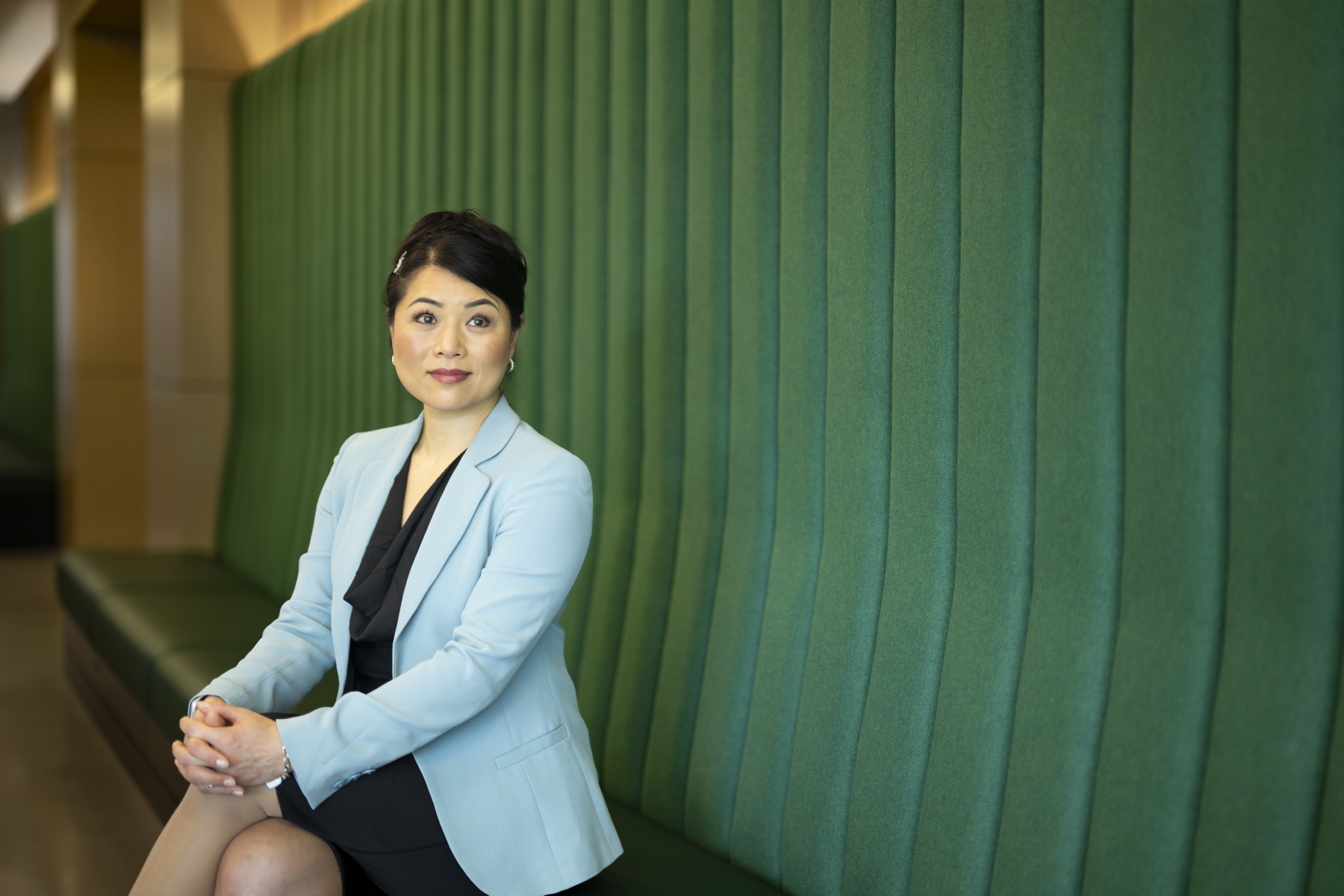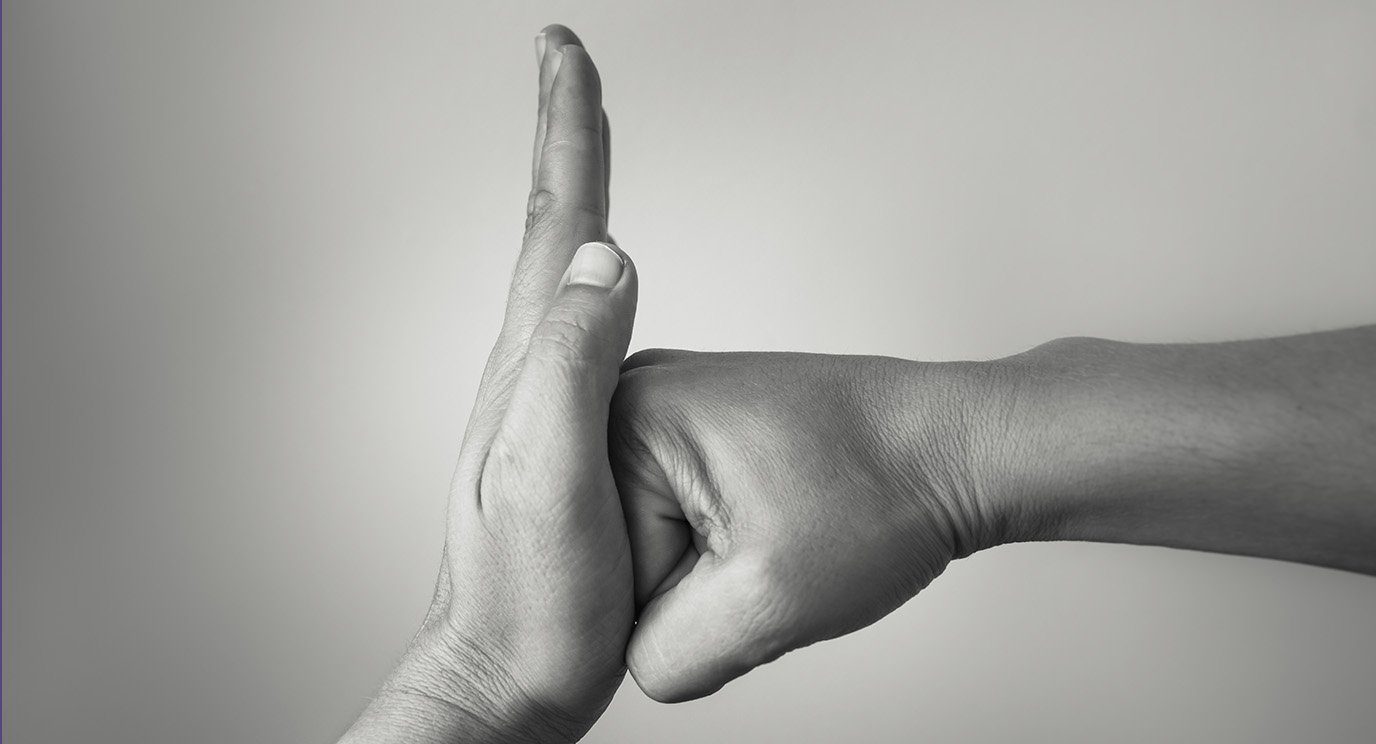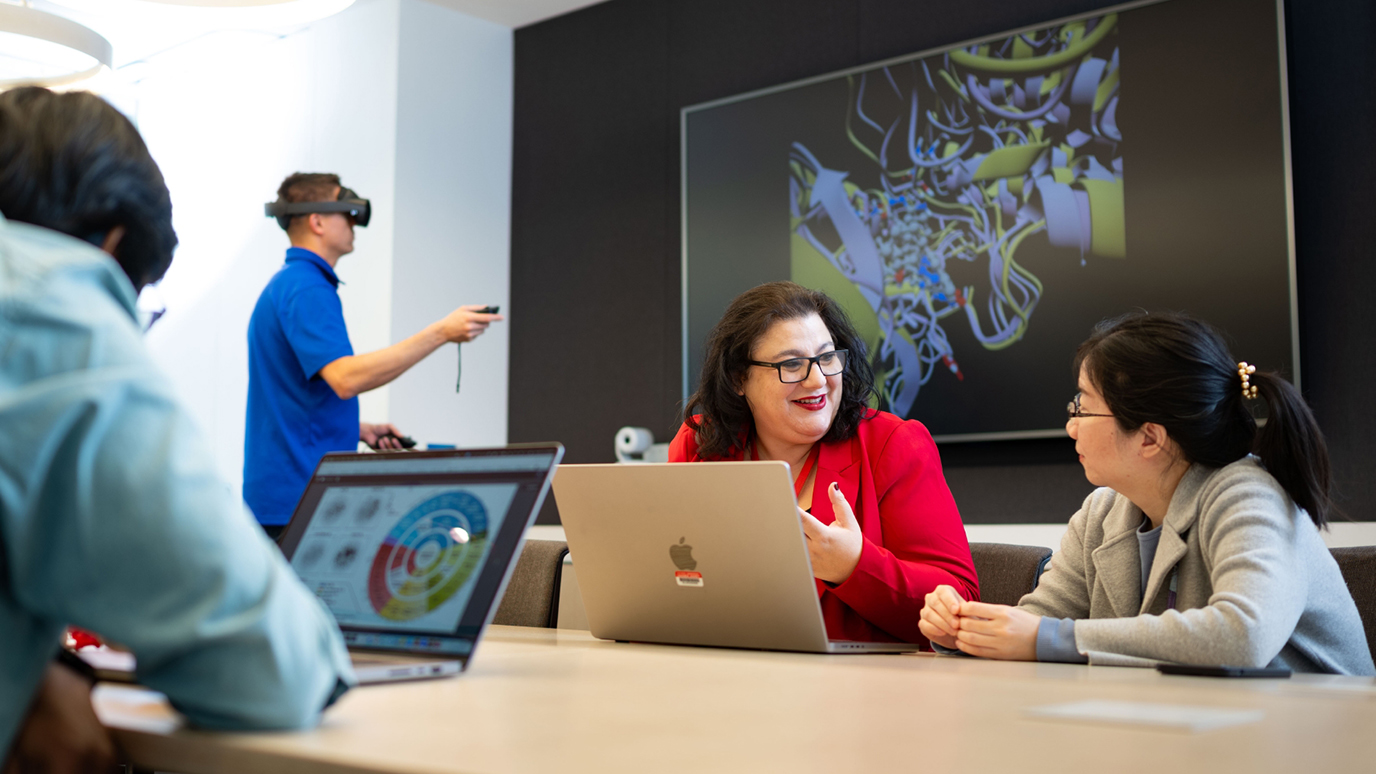- Diseases
- Acoustic Neuroma (16)
- Adrenal Gland Tumor (24)
- Anal Cancer (70)
- Anemia (2)
- Appendix Cancer (18)
- Bile Duct Cancer (26)
- Bladder Cancer (74)
- Brain Metastases (28)
- Brain Tumor (234)
- Breast Cancer (726)
- Breast Implant-Associated Anaplastic Large Cell Lymphoma (2)
- Cancer of Unknown Primary (4)
- Carcinoid Tumor (8)
- Cervical Cancer (164)
- Colon Cancer (168)
- Colorectal Cancer (118)
- Endocrine Tumor (4)
- Esophageal Cancer (44)
- Eye Cancer (36)
- Fallopian Tube Cancer (8)
- Germ Cell Tumor (4)
- Gestational Trophoblastic Disease (2)
- Head and Neck Cancer (14)
- Kidney Cancer (130)
- Leukemia (342)
- Liver Cancer (50)
- Lung Cancer (286)
- Lymphoma (278)
- Mesothelioma (14)
- Metastasis (30)
- Multiple Myeloma (100)
- Myelodysplastic Syndrome (60)
- Myeloproliferative Neoplasm (6)
- Neuroendocrine Tumors (16)
- Oral Cancer (102)
- Ovarian Cancer (178)
- Pancreatic Cancer (160)
- Parathyroid Disease (2)
- Penile Cancer (14)
- Pituitary Tumor (6)
- Prostate Cancer (150)
- Rectal Cancer (58)
- Renal Medullary Carcinoma (6)
- Salivary Gland Cancer (14)
- Sarcoma (238)
- Skin Cancer (300)
- Skull Base Tumors (56)
- Spinal Tumor (12)
- Stomach Cancer (66)
- Testicular Cancer (28)
- Throat Cancer (92)
- Thymoma (6)
- Thyroid Cancer (100)
- Tonsil Cancer (30)
- Uterine Cancer (86)
- Vaginal Cancer (18)
- Vulvar Cancer (22)
- Cancer Topic
- Adolescent and Young Adult Cancer Issues (22)
- Advance Care Planning (12)
- Biostatistics (2)
- Blood Donation (18)
- Bone Health (8)
- COVID-19 (360)
- Cancer Recurrence (120)
- Childhood Cancer Issues (120)
- Clinical Trials (628)
- Complementary Integrative Medicine (22)
- Cytogenetics (2)
- DNA Methylation (4)
- Diagnosis (238)
- Epigenetics (6)
- Fertility (62)
- Follow-up Guidelines (2)
- Health Disparities (14)
- Hereditary Cancer Syndromes (128)
- Immunology (18)
- Li-Fraumeni Syndrome (8)
- Mental Health (122)
- Molecular Diagnostics (8)
- Pain Management (62)
- Palliative Care (8)
- Pathology (10)
- Physical Therapy (18)
- Pregnancy (18)
- Prevention (936)
- Research (390)
- Second Opinion (78)
- Sexuality (16)
- Side Effects (616)
- Sleep Disorders (10)
- Stem Cell Transplantation Cellular Therapy (216)
- Support (408)
- Survivorship (328)
- Symptoms (182)
- Treatment (1788)
How to talk to your kids about cancer
BY Molly Adams
5 minute read | Published November 04, 2019
Medically Reviewed | Last reviewed by an MD Anderson Cancer Center medical professional on November 04, 2019
Cancer can be scary, so some parents may avoid sharing their diagnosis with their kids to protect them. But research shows higher anxiety levels in children who aren’t informed of a parent’s condition.
Although talking about cancer can be hard, there are ways to ease the process. We spoke to Shelby Doyle, a social work counselor at MD Anderson The Woodlands, for advice on telling your kids about your cancer diagnosis and treatment.
Share your diagnosis before starting cancer treatment
No matter their age, it’s never easy to tell your kids you have cancer. Doyle suggests setting aside time with your immediate family and telling everyone together in your home or another private, comfortable space. Ideally, you should do this before you start treatment.
“It’s hard to keep cancer a secret,” Doyle says. “Your kids probably already know something’s wrong, so it’s best that they hear it from you.”
Talk about how your treatment will affect their routine
In the early days after your diagnosis, things may be more unsettled. So, it’s important to stick to a routine and let your kids know how your treatment will affect them.
“Help them feel secure by telling them who’s going to pick them up from school or cooking dinner that night,” Doyle says.
Use the right language
When talking with your kids, Doyle recommends using the word “cancer,” so your kids don’t confuse your diagnosis with an illness that they could potentially catch, like the flu or a cold.
You should also tell them what cancer is and where it is in your body. “For younger kids, you can say, ‘I have cancer in my neck,’” Doyle advises. “For older kids, use the specific disease name, like melanoma or leukemia.”
Take an age-appropriate approach
When talking to your child about cancer, honest, age-appropriate communication is best. You should explain your diagnosis to a 6-year-old differently than you would to a teenager.
- Infants and toddlers are too young to understand what’s going on, but experts say they can sense changes in a parent’s behavior or appearance. The important thing is to give them plenty of physical affection to help them feel safe and secure, Doyle says.
- Between ages 3 and 5, kids are starting to understand illness. “Kids this age can be very egocentric,” Doyle says. “You should explain that they didn’t cause your illness.” Use pictures, dolls or stuffed animals to help you explain in a way they’ll understand. Provide brief, simple explanations and repeat as necessary.
- School-age children can handle a more complex explanation of your illness. You can help them process the information by sharing books, pamphlets or videos. Your MD Anderson social work counselor can provide a Kid Kit, a backpack full of resources to help kids learn about cancer and healthy ways to cope.
Around age 9, children are aware that a parent might die. Even if your child doesn’t bring it up, it’s important to talk to them about death, says Doyle. The most important thing is to reassure your children that they will always be loved and cared for.
“You can be honest with them and say something like, ‘Sometimes people with cancer die, but that’s not the plan for me right now,’ then go on to explain your treatment plan,” Doyle says.
- Teenagers likely already understand cancer, but they’re more likely to internalize or hide their feelings. “Encourage your teenagers to talk about their feelings, but understand they may not want to talk about them with you,” Doyle says.
She suggests asking your teens if there’s a teacher or another adult whom they’d be comfortable talking to.
Answer questions with honesty
You can build trust by allowing your kids to ask questions and answering them honestly. “It’s OK to tell kids you don’t know,” Doyle adds. “You can always bring their questions to your care team, and follow up when you have an answer.”
Ask older kids how often they’d like you to share information with them and how they’d like to receive that information. “Some kids may only want an update when something has changed; others may want a weekly check-in,” Doyle says.
Model healthy coping
It’s normal to feel sad, scared or frustrated, especially when facing a cancer diagnosis. Modeling healthy coping can help your kids learn how to deal with their emotions. “Tell your kids how you’re feeling, and show them how you cope,” Doyle suggests. “You could try saying something like, ‘I’m sad because I got some bad news at the doctor today, so I want to watch my favorite movie with you to take my mind off of things and feel better.’”
Encourage kids to talk about their feelings and express them in a positive way. It may help to find a support group so they can share their feelings and connect with others in similar situations. Children of MD Anderson patients can join our CLIMB support groups, which offer weekly sessions for kids ages 6 to 12 and 13 to 17 at various times throughout the year. A separate group for parents meets at the same time.
When to seek additional help
Kids of all ages can have intense reactions to a cancer diagnosis. For younger children, that may mean separation anxiety, bedwetting, thumb sucking or tantrums. Older kids may seem withdrawn, depressed or anxious, or experience trouble at school.
If you notice any of these behaviors impacting your kids’ day-to-day lives or lasting for a prolonged time, Doyle suggests seeking help from a professional.
“Start with your kids’ school. Their counselor can be a great resource in helping them cope,” Doyle says. Your children’s pediatrician can also offer advice suggestions to help them cope with your diagnosis. If you’re an MD Anderson patient, you can reach out to your social work counselor for additional resources.
“You’re the expert on your family,” Doyle says. “If you notice something concerning, don’t be afraid to reach out for help.”
Request an appointment at MD Anderson online or by calling 1-844-749-1655.

It’s best that they hear it from you.
Shelby Doyle
Social Work Counselor





